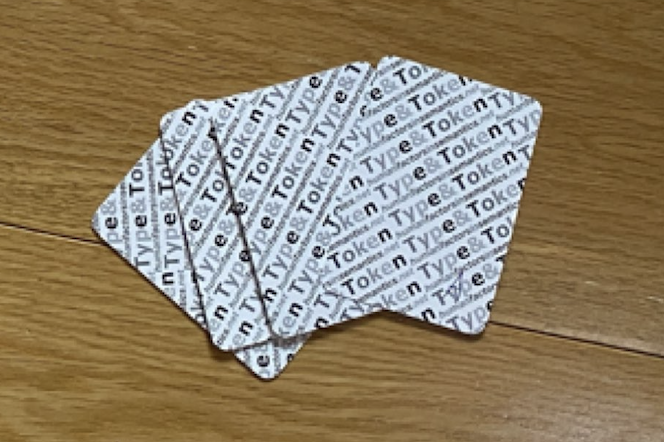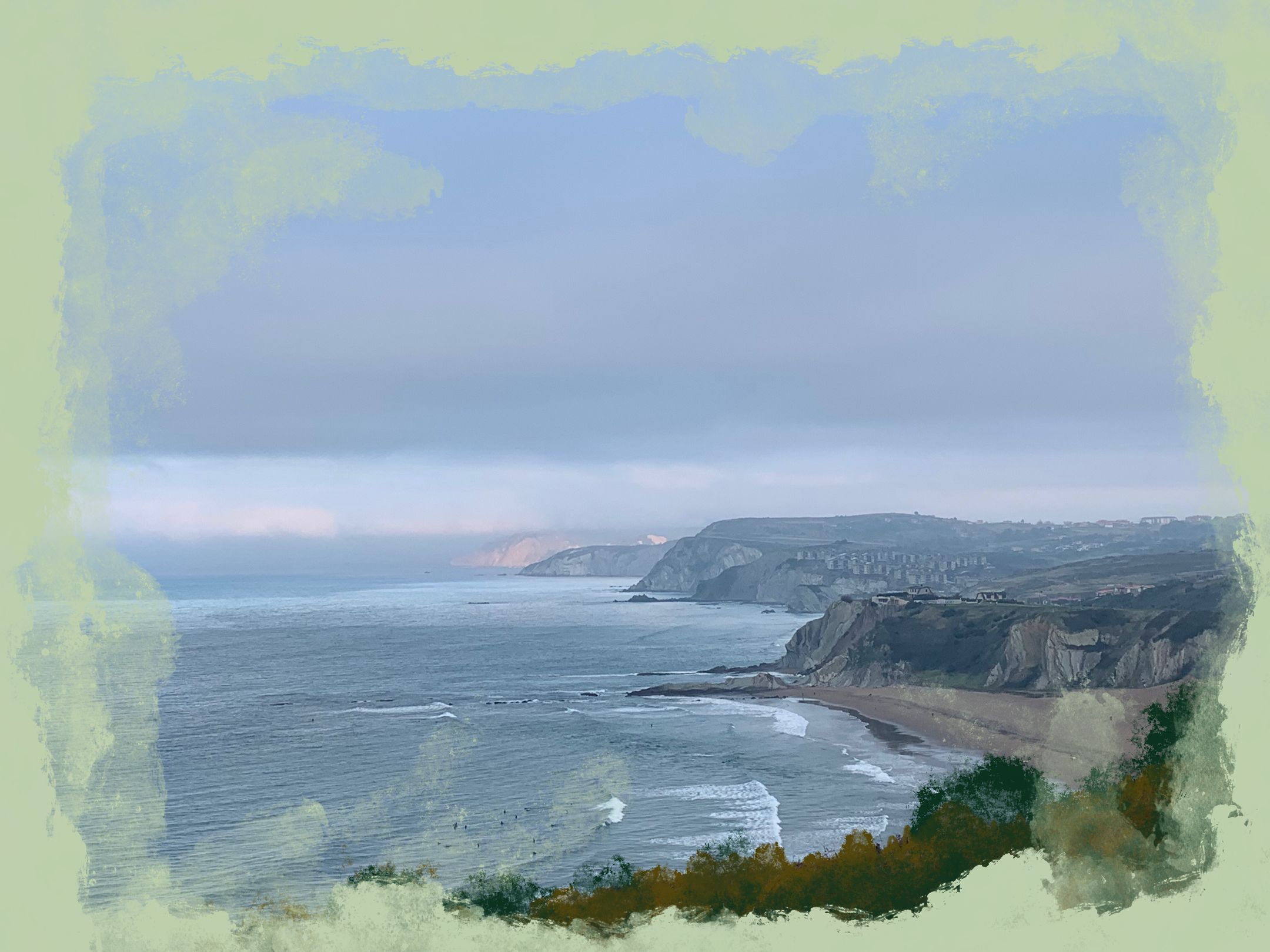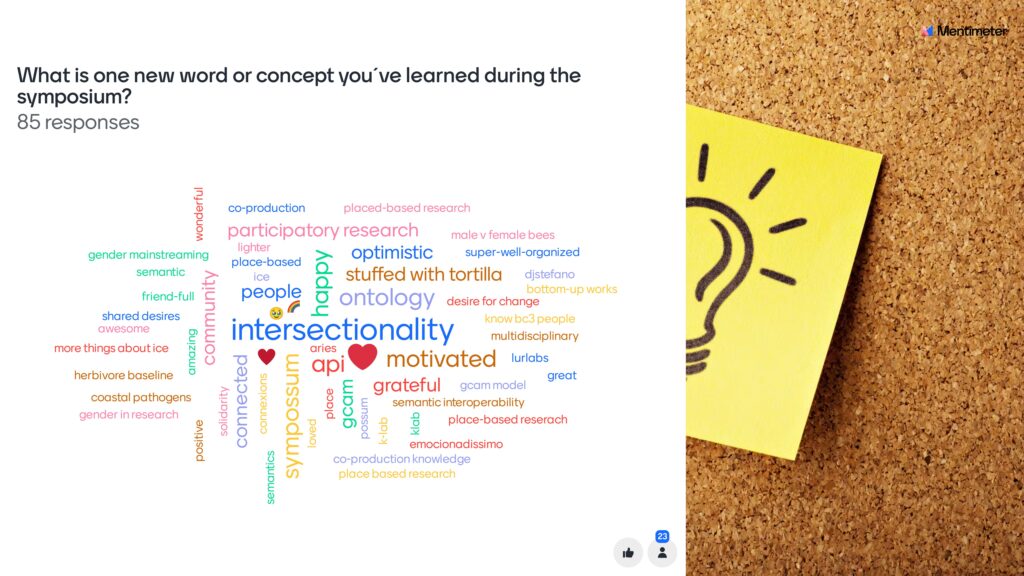1st Playing with Meanings

#ontologygames
1st Playing with Meanings (PwM) was a workshop organised at the 14th International Conference on Formal Ontology in Information Systems (FOIS 2024).
At PwM we explored two ontology-based game: Type Token, a foundational ontology game and Risk Response, an adversarial game coupled with collaborative modelling activities.More info on Type Token and Risk Response can be found respectively at:
1) https://doi.org/10.5281/zenodo.13336707
2) https://doi.org/10.5281/zenodo.13303514
14th International Conference on Formal Ontology in Information Systems (FOIS 2024), 10th Joint Ontology Workshops (JOWO 2024), University of Twente https://www.utwente.nl/en/eemcs/fois2024/program/workshops/
Exploring ontology-based design interactions for sustainability research

Making sense of conceptual models and ontologies with game and play
This is an half-day workshop at RCIS 2024 conference which explores the integration of social-ecological systems (SESs) knowledge frameworks using conceptual modelling, applied ontologies, and Interaction Design to clarify notions, align perspectives, negotiate terminologies and navigate the semantics of sustainability research in collaborative settings.
Together we will examine sustainable SESs management and climate change risk scenarios, experimenting with interaction scripts based on game and play methods, and experience first-hand the potentials, and challenges of ontology-based participatory sense-making for knowledge co production.
18th conference on Research Challenges in Information Science
Guimarães, Portugal, 14 May, 2024 www.rcis-conf.com/rcis2024/
Check out for more information here!
Semantics & ontologies workshops

Integration and interoperability
matter for sustainability
I coordinate several activities related to semantics and ontologies within the ARtificial Intelligence for Environment & Sustainability (ARIES) team. I began with the organisation of seminars in which I:
- Touched on general ontological and semantics theoretical background and applications;
- Introduced main linguistic constructs to assemble semantically-enriched expressions using a DSL for integrated data and models;
- Keep up with the team’s newcomers by proposing ad hoc presentations.
Currently I am facilitating several semantics working groups where we discuss conceptual and modelling issues; for now we have four groups:
- Water quality and rivers;
- Land cover classification;
- Carbon calculations in soil;
- Built environments.
Ontologies and semantics, including their importance in knowledge co-design, were introduced during a community symposium with environmental scientists and climate change research, and “ontology” has been high on the list of newly learned concepts (see below World Cloud generated by participants)!

Modelling and ontological enhancement with the users
Shared understandings?
I believe that information systems’ meanings should be, if not designed in group, at least tested with targeted users and practitioners. Already during my PhD this was an important point that I was able to explore in a collaborative effort setting up a user study dedicated to the ontological enhancement of a business process modelling language.
If you are curious about how to combine user studies and ontologies, please have a look at this work:
Adamo, G., Di Francescomarino, C., Ghidini, C., & Maggi, F. M. (2021). Beyond arrows in process models: A user study on activity dependences and their rationales. Information Systems, 100, 101762.